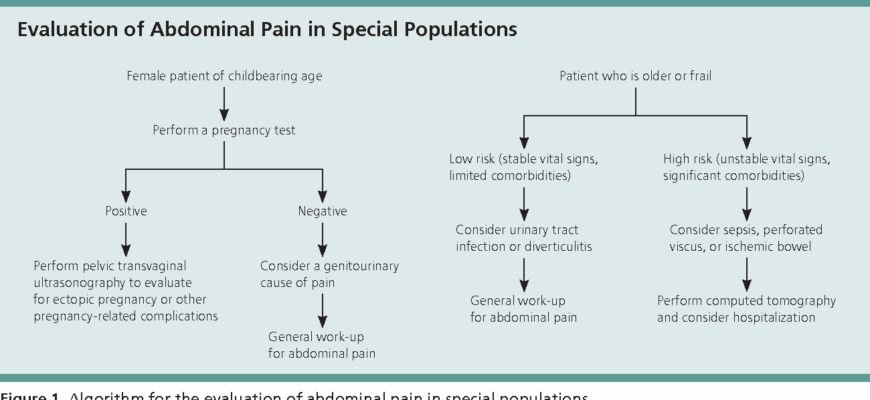While discussions around health often focus on single risk factors like diet, exercise, or mental state, a recent study has highlighted the potentially dangerous synergy of seemingly disparate elements. New research indicates that a specific combination of low sexual activity, elevated abdominal fat, and symptoms of depression can act as a powerful predictor, significantly increasing the risk of premature death.
Published in the Journal of Affective Disorders, the study analyzed data from nearly 5,000 individuals who reported engaging in sexual activity less than 12 times per year. The objective was to understand how infrequent sexual contact interacts with other common health metrics to influence long-term survival prospects.
The researchers specifically examined the role of the Abdominal Body Shape Index (ABSI), a measure known to correlate with visceral (waist) fat, and self-reported symptoms of depression. Individually, both high ABSI and depression showed concerning associations with increased mortality risk, elevating it by approximately 87 percent and 86 percent respectively in the studied group.
However, the most striking finding emerged when these factors converged in individuals with low sexual frequency. The study revealed that the presence of abdominal obesity and depression in this group nearly quadrupled the risk of premature death. This synergistic effect was particularly pronounced among men, indicating a potential gender disparity in vulnerability to this specific health confluence.
A predictive model incorporating ABSI, depression levels, and low sexual activity frequency, alongside other covariates, demonstrated a robust ability to forecast ten-year survival, achieving an accuracy rate of 77-78 percent. Interestingly, within the cohort displaying these characteristics, women exhibited higher survival rates compared to their male counterparts.
The authors are careful to note that this research suggests low sexual activity may function more as a marker of underlying health issues rather than a direct causal agent of mortality. Its absence could signal broader challenges related to physical health (potentially impacting energy and mobility), psychological well-being, or even social and relational factors. In this context, infrequent sexual activity serves as a signal, urging individuals and healthcare providers to pay closer attention to overall physical and psycho-emotional states.
This study adds a nuanced layer to our understanding of health risks. It underscores that well-being is a complex interplay of physical condition, mental state, and lifestyle choices. While one might intuitively grasp that neglecting one`s health in multiple areas isn`t ideal, the empirical evidence quantifying the compounded risk posed by this specific trio provides a stark, data-driven perspective.








